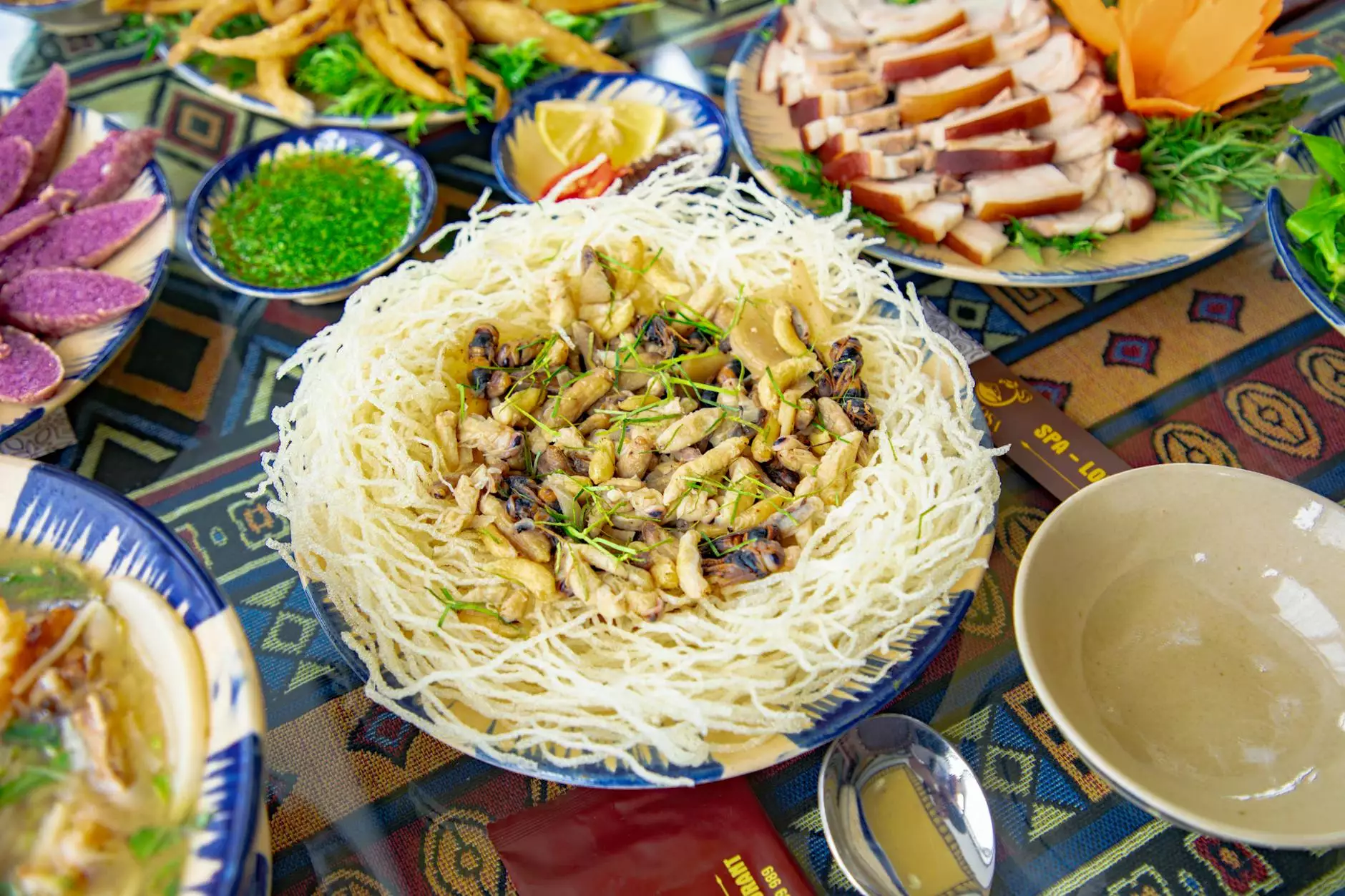The Language of Bai Mu Dan Tea: Exploring its Significance in Indian Tea Rooms

Introduction
Bai Mu Dan, also known as White Peony, is a delicate and highly sought-after Chinese tea that has gained popularity in tea rooms across India. From its unique flavor profile to its cultural significance, Bai Mu Dan tea holds a special place in the hearts of tea enthusiasts. In this article, we will delve into the intricacies of this exquisite tea, exploring its history, brewing techniques, health benefits, and why it has become a favorite in Indian Tea Rooms.
The History of Bai Mu Dan Tea
Bai Mu Dan tea originates from the Fujian province in China, where it has been cultivated for centuries. The name "Bai Mu Dan" translates to "White Peony," symbolizing the tea's resemblance to the white peony flower when steeped. Traditionally, Bai Mu Dan tea was reserved for royalty and the affluent due to its rarity and exceptional taste.
Over time, as tea trade expanded, Bai Mu Dan tea found its way to India, captivating tea connoisseurs with its delicate flavor and aromatic charm. The unique blend of floral and sweet notes made it a perfect addition to the diverse array of teas available in Indian Tea Rooms.
Brewing Techniques for Bai Mu Dan Tea
To fully appreciate the flavors of Bai Mu Dan tea, it is essential to brew it correctly. Follow these steps for a perfect cup:
- Start by bringing fresh, filtered water to a boil.
- Allow the water to cool for a few moments, reaching a temperature of around 80°C (176°F). This is important to avoid scalding the delicate tea leaves.
- Place approximately one teaspoon of Bai Mu Dan tea leaves per cup into a teapot or infuser.
- Pour the hot water over the tea leaves and steep for 2-3 minutes.
- Strain the tea into teacups and enjoy the soothing aroma and flavors of Bai Mu Dan tea.
By following these brewing techniques, you can ensure that the nuanced flavors of Bai Mu Dan tea are expressed to their fullest extent, providing a truly enjoyable tea-drinking experience.
Health Benefits of Bai Mu Dan Tea
Beyond its exquisite taste, Bai Mu Dan tea offers a range of health benefits. It is a rich source of antioxidants, which help combat free radicals and reduce the risk of chronic diseases. The tea is also low in caffeine, making it a suitable choice for those looking for a mild and calming beverage. Moreover, Bai Mu Dan tea is known to be hydrating and can aid digestion, making it an excellent companion for a moment of relaxation in Indian Tea Rooms.
Bai Mu Dan Tea in Indian Tea Rooms
The growing popularity of Bai Mu Dan tea in Indian Tea Rooms can be attributed to its unique flavors and cultural significance. Tea enthusiasts are continually seeking new and exciting varieties, and Bai Mu Dan tea provides a refreshing alternative to traditional Indian teas. Its delicate floral undertones and smooth, mellow taste make it a popular choice for those looking to explore different tea experiences.
Moreover, Indian Tea Rooms often prioritize offering a diverse selection of teas to cater to the varied tastes of their customers. By including Bai Mu Dan tea on their tea menus, they can expand their offerings and attract tea lovers seeking a taste of Chinese tea culture.
The Cultural Significance of Bai Mu Dan Tea
Bai Mu Dan tea has deep cultural significance in Chinese tea ceremonies. It is often associated with purity, grace, and elegance, making it a staple in traditional Chinese tea rituals. By incorporating Bai Mu Dan tea in Indian Tea Rooms, the cultural exchange between China and India is celebrated, bridging the gap between these two ancient tea-drinking cultures.
In Conclusion
Bai Mu Dan tea, with its delicate flavors, rich history, and cultural significance, has found a special place in Indian Tea Rooms. From the moment you take your first sip, you are transported to the tea gardens of Fujian, experiencing the beauty and intricacy of this Chinese tea. If you're seeking an enchanting tea-drinking experience, indulge in a cup of Bai Mu Dan tea and let its subtle flavors and soothing aroma captivate your senses.




